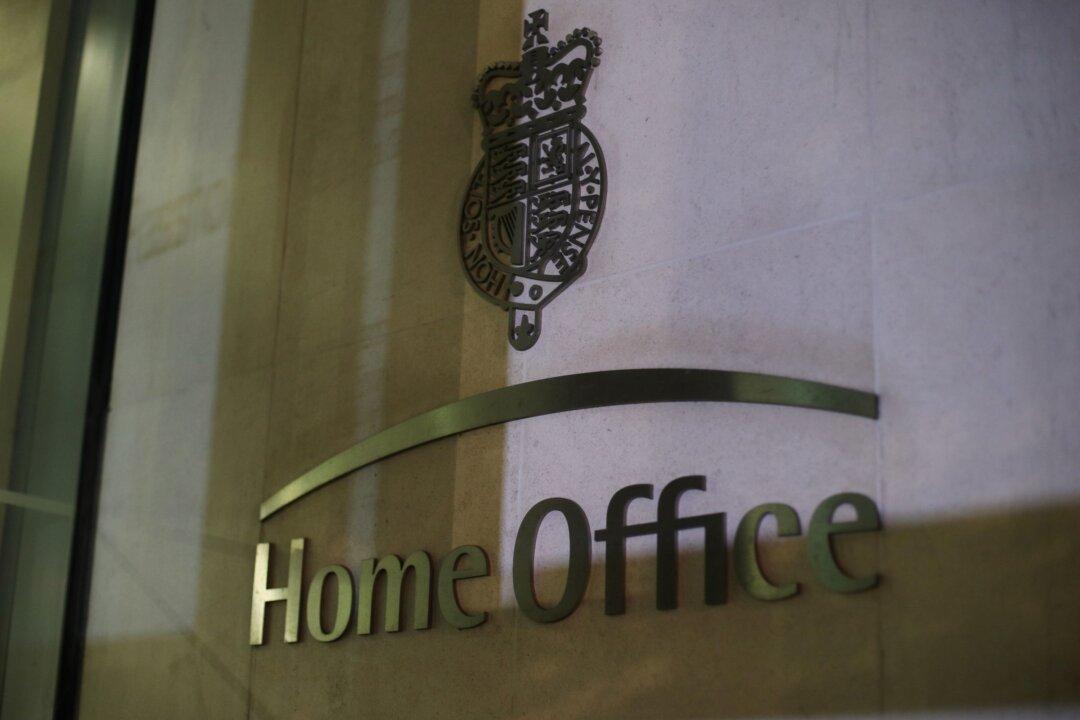A women’s rights group has warned that criminal record checks may be compromised owing to the creation of a “safeguarding loophole” that allows transgender people to conceal past identities from employers.
Campaigners are voicing extreme concerns that the Disclosure and Barring Service (DBS) regime could be at risk over the possible exploitation of a process called the Sensitive Applications route, in which individuals can withhold their birth name and gender from future employers in nurseries, schools, and hospitals.




